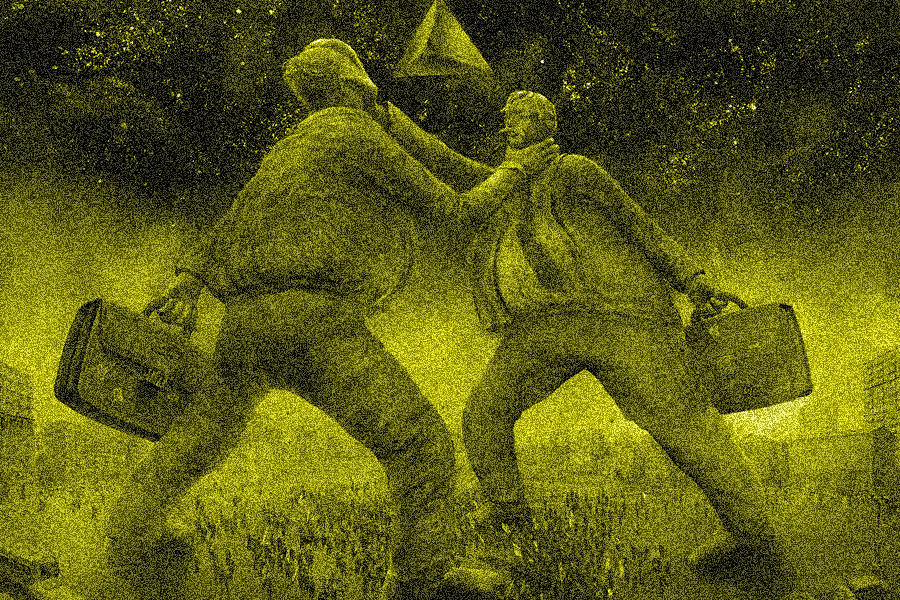Extreme Poverty in the US Is a Political Choice of the Powerful - The United States could eliminate poverty overnight, if it wanted to

The United States is alone among developed countries in insisting that while human rights are of fundamental importance, they do not include rights that guard against dying of hunger, dying from a lack of access to affordable healthcare, or growing up in a context of total deprivation.
US health care expenditures per capita are double the OECD average and much higher than in all other countries. But there are many fewer doctors and hospital beds per person than the OECD average. (The Organization for Economic Cooperation and Development (OECD) has 37 member countries.)
US infant mortality rates in 2013 were the highest in the developed world.
On average, Americans can expect to live shorter and sicker lives, compared to people living in any other wealthy democracies, and the “health gap” between the US and its peer countries continues to grow.
U.S. inequality levels are far higher than those in most European countries.
The Stanford Center on Inequality and Poverty ranks the most well-off countries in terms of labor markets, poverty, safety net, wealth inequality, and economic mobility. The US comes in last of the top 10 most well-off countries.
In the OECD, the US ranks 35th out of 37 in terms of poverty and inequality. According to Alston, 19 million people lived in deep poverty (a total family income that is below one-half of the poverty threshold) in the US as of 2017.
According to the World Income Inequality Database, the US has the highest Gini coefficient (measuring inequality) of all Western countries.
The Stanford Center on Poverty and Inequality characterizes the US as “a clear and constant outlier in the child poverty league.” According to UNICEF (see above chart), the US has higher child poverty rates than 15 other high-income countries. The American Academy of Pediatricssays that more than half of American babies are at risk for malnourishment.
“[T]he issue with elimination of poverty always is around resources: ‘We don’t have the money.’ The United States, again, uniquely, has the money. It could eliminate poverty overnight, if it wanted to. What we’re seeing now is the classic — it’s a political choice. Where do you want to put your money? Into the very rich or into creating a decent society, which will actually be economically more productive than just giving the money to those who already have a lot?”
By Kenneth Surin